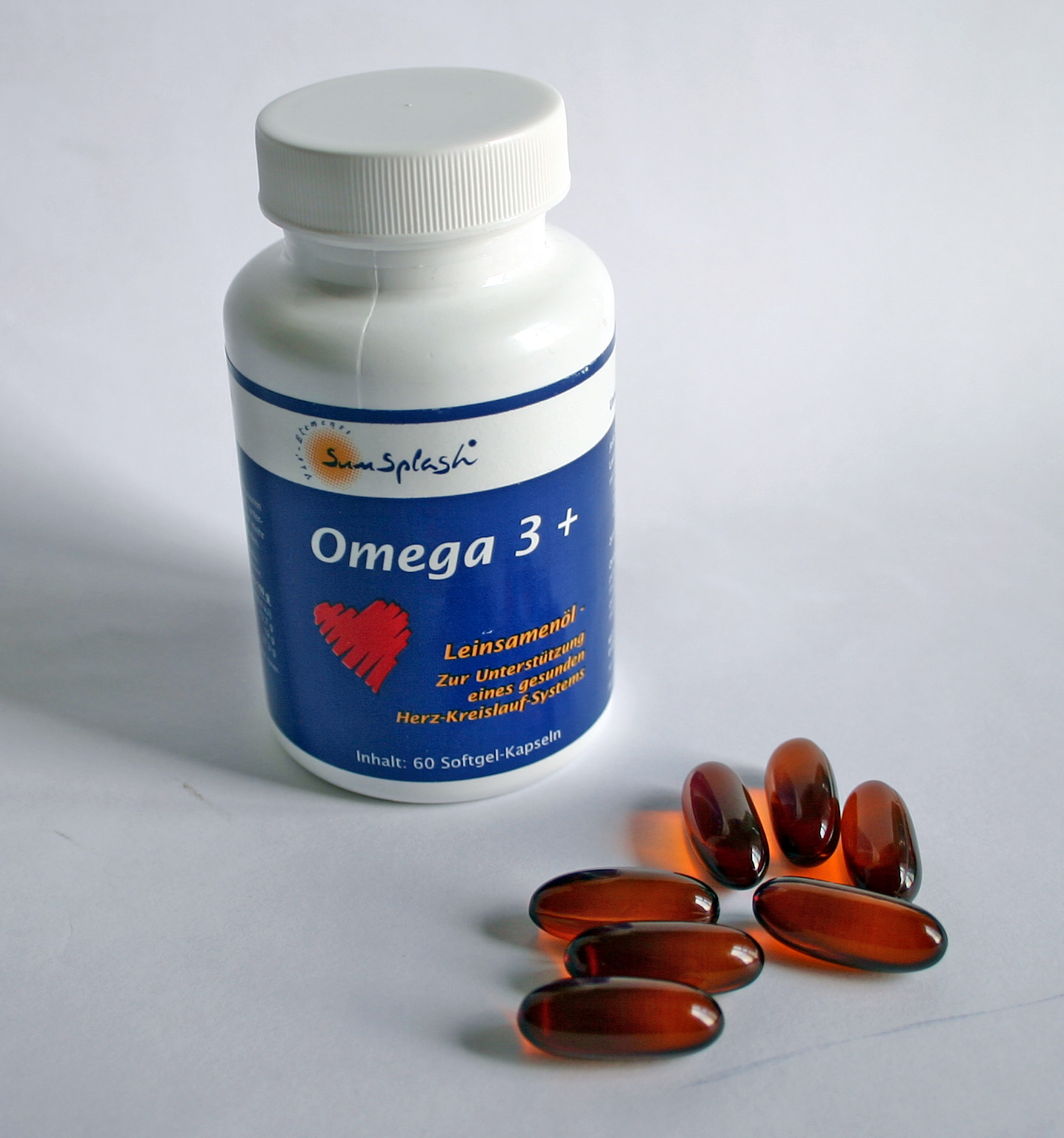
Being tired or needing sleep are the top reasons for skipping sex, a new poll shows.
The national poll, conducted by phone in January by the Consumer Reports National Research Center, included 1,000 adults 18-75. Women made up 52% of the group. Most participants, 57%, were married or living with a partner, and 48% have kids younger than 18 living at home.
Most participants, 81%, said they sometimes avoided sex last year. Here are their top five reasons for not having sex, along with the percentage of participants who chose that reason (they could choose more than one reason for not having sex):
1. Too tired or need sleep: 53%
2. Not feeling well or health reasons: 49%
3. Not in the mood: 40%
4. Taking care of children and/or pets: 30%
5. Work: 29%
The flagging economy wasn't one of their reasons. Of the 595 participants who reported being sexually active in 2008, 78% said that the economy hadn't affected how often they have sex.
Other findings from the survey include:
• 45% of sexually active participants say they've ever planned a time to have sex with their partners, but only 7% schedule sex on their calendar or PDA.
• 56% of men said they think about sex daily, compared to 19% of women
• People who rate their health as "poor" are less likely to have sex, but they're not less likely to think about sex.
• Parents of kids younger than 18 were more likely to report having sex in 2008 than people not living with children.
Miranda Hitti/WebMD
Read More..



